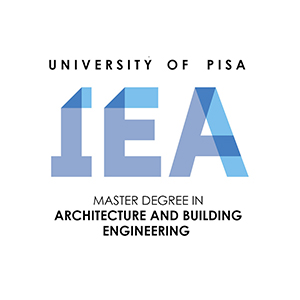
Graduates in Architecture and Building Engineering may work in:
- public organization for the management and control of the territory,
- public organization for the preservation of the environmental and historical architectural heritage,
- industries and construction companies,
- engineering and design society.
They may carry out professional and consulting activities in the entire EU.
They may carry out research activities, in a PhD Programme and public and private research institutes.
They may teach in public and private school, as well as take up the university career.
Access to further study
The Master degree in Architecture and Building Engineering allows the graduate to compete for entry into a Third Cycle programme/doctoral school.
Graduates of the Master Degree Programme in Architecture and Building Engineering will be able to demonstrate:
- Knowledge of the methodologies for the transformation and modification of the physical environment, with full knowledge of the spatial, aesthetic, distributive, functional, structural, technical, constructive, management, economic and environmental aspects.
- Knowledge of the history of architecture and the city.
- Knowledge of all the methods and techniques of representation and survey of the architecture and the cities.
- Knowledge of the methodologies and techniques for the preservation and valorisation of the architectural historical heritage.
- Knowledge of all the methodologies and techniques for the town and landscape planning and management.
- Knowledge of all the design aspects, through the proper tools of architecture, construction engineering and urban planning.
- Ability to direct all the project phases and to coordinate other specialists and operators of the disciplines involved in the architectural and environmental project.
- Ability to communicate research results in various ways according to the target audience.
- Ability to communicate in at least one language of the EU in addition to Italian.
- Basic ICT abilities for communication, retrieval and elaboration of texts and data.
Formal Requirements
Certificate of completion of Italian upper secondary school or an equivalent foreign qualification.
Possible assessment prior knowledge and competences
Obligatory selective/competitive entrance exam (numerus clausus).
Required knowledge and competences support programmes
Students who do not pass the entrance exam are required to take specific courses and/or complete extra reading to prepare for the programme.
Further informations (in italian):
http://matricolandosi.unipi.it/concorsi/
Past test editions (to testing themselves):
http://accessoprogrammato.miur.it/
The course combines theoretical lessons with the organization of workshops and seminars organized with the aim of integrating skills and areas, accustoming future graduates to an open and interdisciplinary approach.
The course of study includes:
- basic subjects such as mathematics and physics, design and history of architecture;
- subjects characterizing for the professional training in the field of restoration and architectural, structural and urban planning, with particular attention to the conditions of well-being, energy problems and environmental impact;
- related subjects, on hydraulic, geotechnical, socio-economic and shipbuilding aspects.
The course promotes the possibility for the student to carry out different experiences abroad, within the Erasmus mobility program and through specific programs of the University of Pisa (internship in professional studies and degree thesis abroad). For informations see: https://www.unipi.it/index.php/studio-e-tirocinio.
Engineering in Pisa boasts a centennial tradition.
- Master Degree Coruse in ARCHITECTURE AND BUILDING ENGINEERING is present in Pisa since 2003, among the first in Italy: the organization of the course is now well tested.
- The one-cycle course (5 years): the preparation is complete and the programming of the courses is more continuous and effective, from enrollment to graduation.
- The course has a programmed number: the optimal ratio between the number of students and the capacity of the classrooms, the number of teachers, the equipment and the staff of the laboratories is guaranteed.
- Students can have: a library with numerous historical and modern texts, magazines, updated regulations, well-equipped laboratories, the experience of qualified teachers and collaborators.
Introducing...

Preparing students for the practice of building engineering and architecture....
Programm Profile
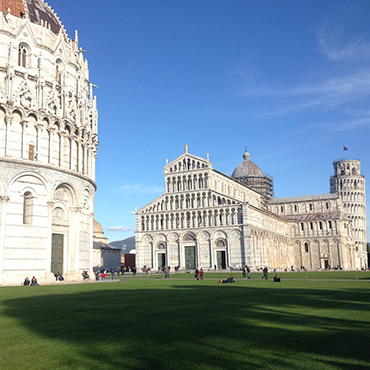
Engineering in Pisa boasts a centennial tradition....
Why in Pisa?
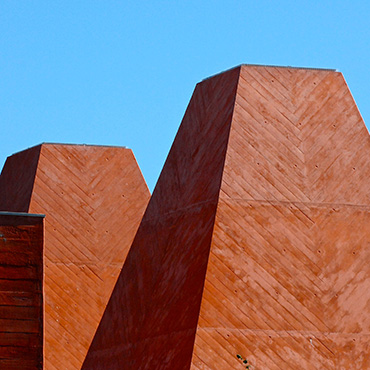
Mandatory selective/competitive entrance examination
Admission requirements
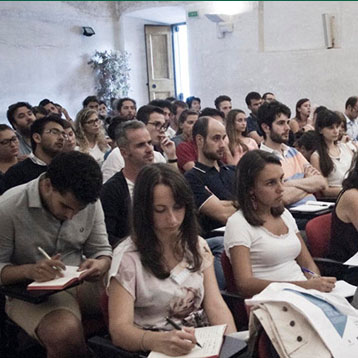
The course combines theoretical lessons with the organization of workshops and seminars...
What will I study?
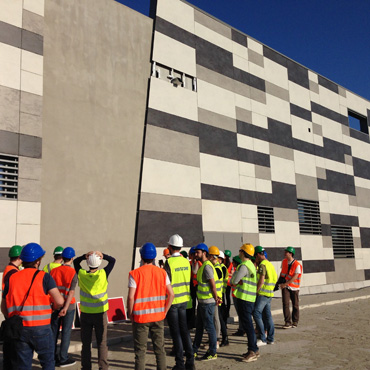
Graduates will be able to demonstrate knowledges and abilities...
Key Learning Outcomes
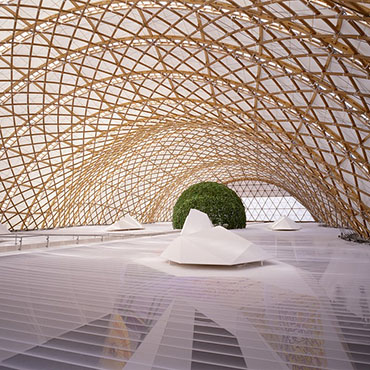
Occupational Profiles of Graduates




